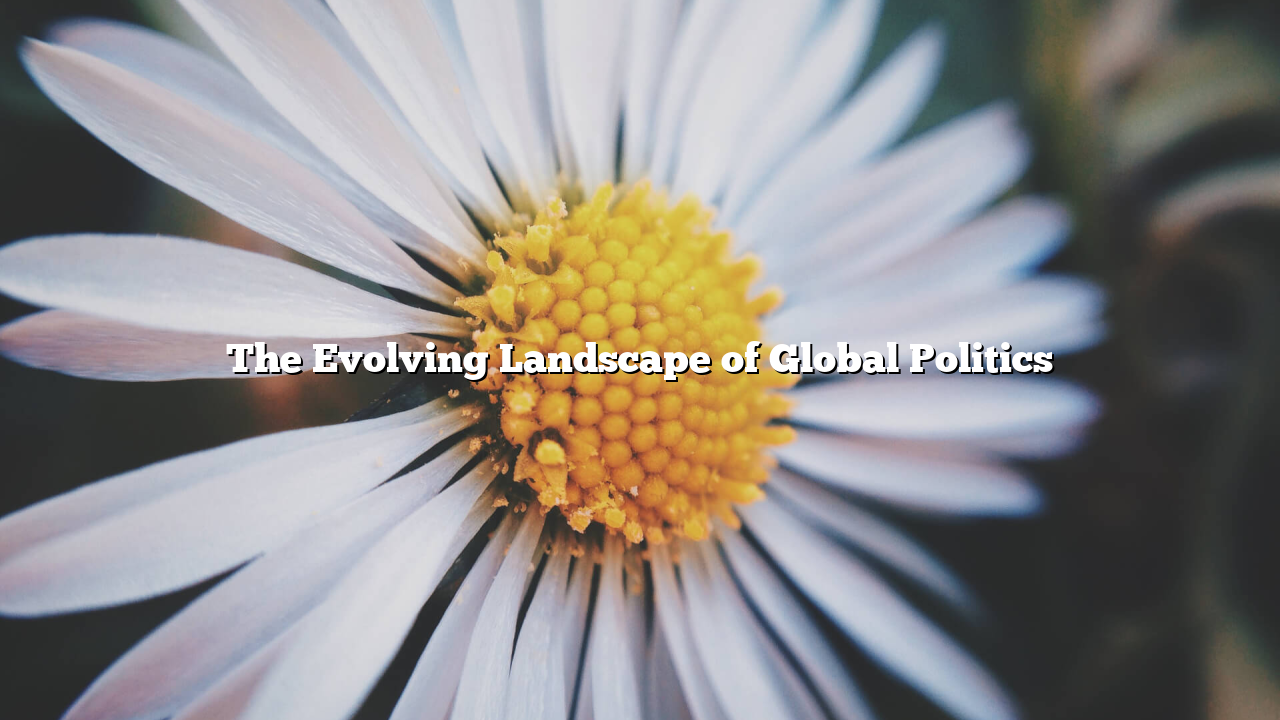Politics, the art and science of governance, has always played a central role in shaping societies. In recent decades, however, global politics has undergone significant transformations due to technological advancements, shifting economic powers, and increasing ugbet88 public engagement. These changes have not only redefined the roles of governments but have also created new challenges and opportunities for nations around the world.
One of the most noticeable shifts in recent years is the rise of populism. Populist leaders, often characterized by nationalist rhetoric and promises to prioritize “ordinary people” over political elites, have gained traction in both developed and developing countries. This political wave is largely fueled by widespread dissatisfaction with traditional political systems, economic inequality, and rapid social changes. While populism can reinvigorate political participation, it also risks polarizing societies and undermining democratic institutions.
Technology has further revolutionized political landscapes, especially through social media platforms. Politicians now use Twitter, Facebook, and other networks not only for campaigning but also for policy communication and public engagement. While this allows for more direct interaction between leaders and citizens, it also opens the door to misinformation, echo chambers, and foreign interference. The use of artificial intelligence and data analytics in political campaigns has also raised ethical questions about privacy, manipulation, and the future of democratic decision-making.
Geopolitical power dynamics have shifted as well. The traditional dominance of Western powers like the United States and European Union is increasingly being challenged by emerging nations such as China, India, and Brazil. China’s Belt and Road Initiative, for example, has expanded its influence across Asia, Africa, and Europe, creating both economic opportunities and strategic concerns. This multipolar world requires new diplomatic strategies and international cooperation to address global issues such as climate change, cybersecurity, and pandemic preparedness.
Another critical development in modern politics is the growing importance of civil society and grassroots movements. From climate activists like Greta Thunberg to mass protests in countries like Iran, Hong Kong, and Chile, ordinary citizens are making their voices heard in unprecedented ways. These movements demonstrate that political change is no longer driven solely from the top down but also from the bottom up, pushing governments to be more accountable and responsive.
Despite these changes, challenges remain. Corruption, voter suppression, authoritarianism, and weakened rule of law continue to threaten political stability in many regions. The rise of disinformation and distrust in media and government institutions exacerbates these problems, making it harder for citizens to make informed decisions and participate meaningfully in the political process.
In conclusion, global politics is in a state of flux, shaped by a variety of forces that interact in complex ways. The future of governance will depend on how effectively political systems can adapt to change, address inequalities, and foster inclusive, transparent leadership. As citizens become more engaged and connected, there is hope for a more participatory and resilient political future—one that prioritizes justice, accountability, and cooperation.
